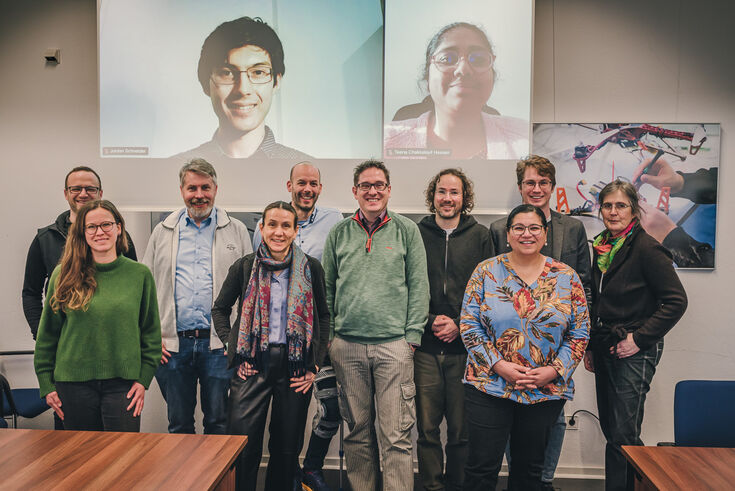Around ten million people in Germany live with a disability. These people are dependent on external support. The shortage of skilled nursing staff poses problems for those affected and their relatives. One solution is to improve digital cognitive assistance systems. To promote research into these systems, four universities in North Rhine-Westphalia have now founded the "Center for Assistive Technologies (ZAT) Rhine-Ruhr". The Hochschule Niederrhein (HSNR), the Rhine-Waal and Bonn-Rhein-Sieg universities and the University of Duisburg-Essen are also involved in the project. Rhine-Waal University of Applied Sciences is in charge of the project.
The ZAT project will receive around 2.7 million euros in funding from the Ministry of Culture and Science of the State of North Rhine-Westphalia over the three-year sponsorship period. The two HSNR competence centers "FAST" and "eHealth" will receive funding of around 662,000 euros for the technical development of the hardware of digital assistance systems.
With the center, the project partners want to pool their experience and expertise in the development of digital cognitive assistance systems. The technical systems are designed to support people with disabilities in everyday tasks and promote cognitive tasks by reminding them, drawing their attention or encouraging them to learn. The systems exhibit intelligent behavior based on artificial intelligence (AI) and take the individual needs of users into account.
"One of our most relevant goals is to bring modern AI applications and functions 'home' without losing privacy," says Dr. Edwin Naroska, professor at the Faculty of Electrical Engineering and Computer Science. This was already an issue, for example, in the development of the robotic dementia doll "RUBYDemenz", which was sponsored by the Federal Ministry of Education and Research. This AI-supported doll is intended to relieve care staff and relatives in the care of dementia patients - for example in communication.
In addition, the Center for Assistive Technologies aims to establish structures that promote young researchers or, for example, network researchers with associations. The ZAT will thus become a place where research is initiated and carried out.


















